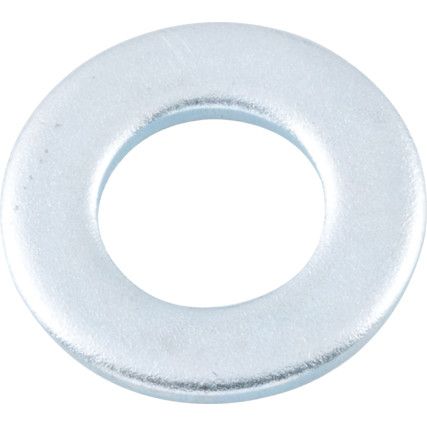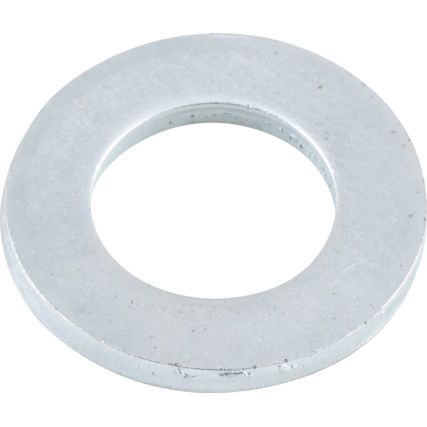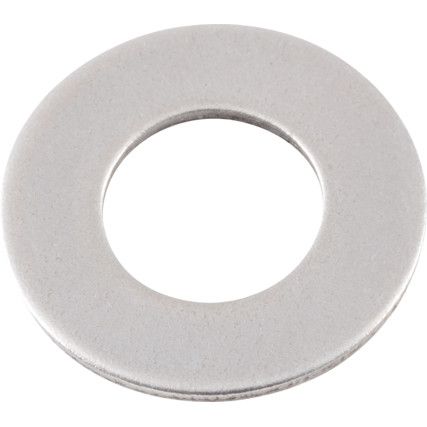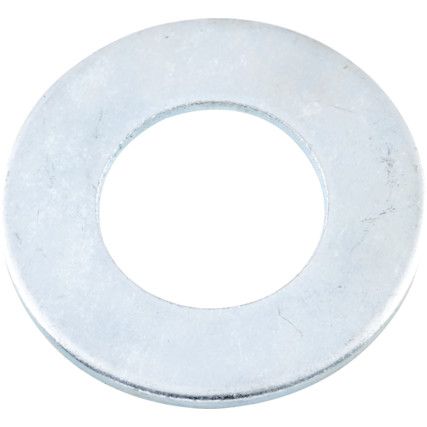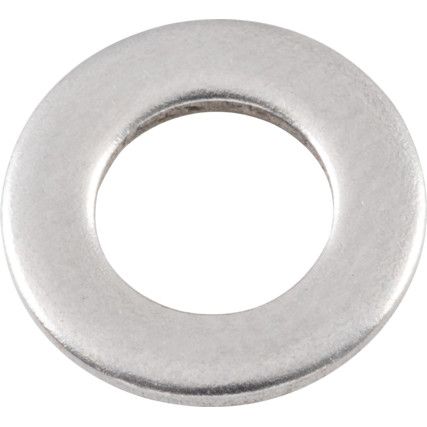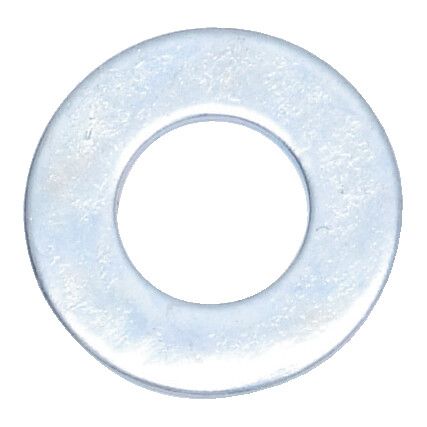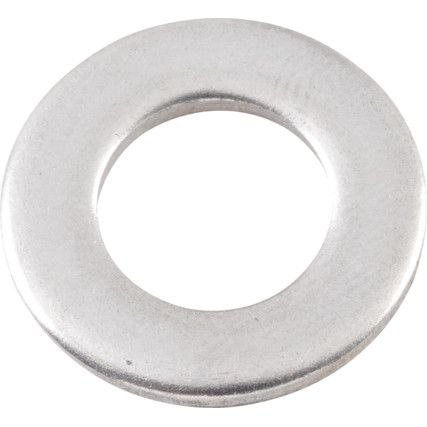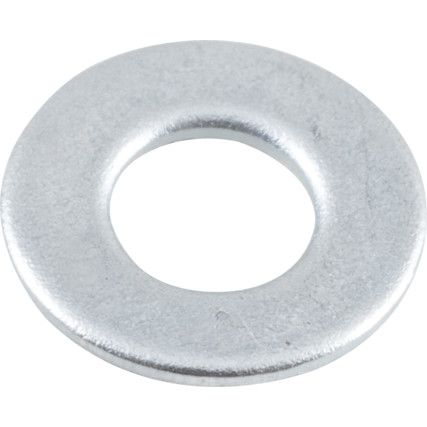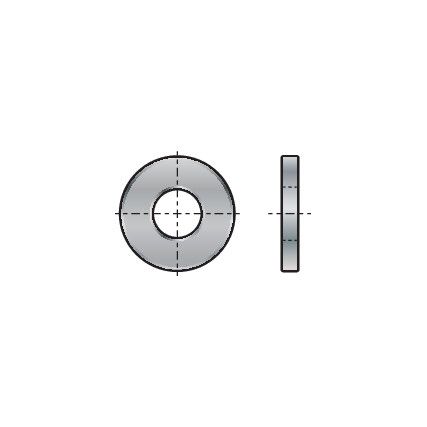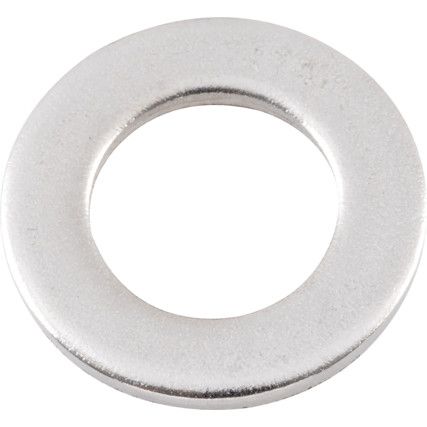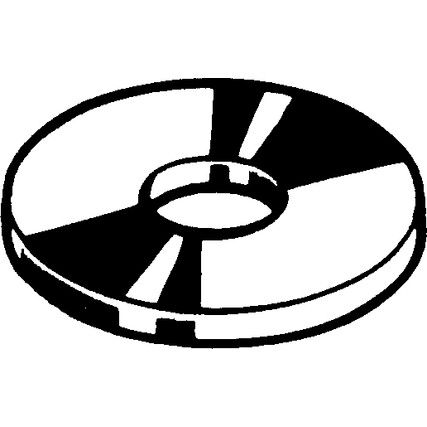Plain Washers
There are a variety of industrial and domestic applications for plain washers, also known as flat washers. Cromwell stock a useful range of washers, from brands such as Owlett Jaton® and Harrison & Clough Ltd, which are sold in many different sizes - each one with a specific purpose and application.
What are plain washers?
In general, a washer is a thin plate (usually a disk-shaped but sometimes a square) with a hole in it. Plain washers prevent damage to surfaces by sitting between the surface of the nut and the flat washer. They can also prevent a fastener from moving or corroding, whilst absorbing vibrations.
When are plain washers used?
They are normally used to distribute the load of a threaded fastener, such as a bolt or nut. The light weight and sturdy nature of plain washers make them ideal for use on motors and other high-torque applications. The main use for plain or flat washers are to offer full insulation, abrasion and spacing for manufacturing, maintenance and repair.
Considerations when choosing a plain washer
Material - the most common material for washers is metal but can also come in rubber and plastic. The type of metal used for washers vary and have different advantages and disadvantages and choosing the right flat washer material can depend on the surface application. Stainless steel washers, for example, are good at resisting compression and corrosion, whereas copper washers are good at resisting vibration in machines.
Size - There are size standards set by the ISO for plain washers, ranging from M1.6 to M39.
FAQs
Are washers necessary?
During installation, washers protect the surface of fasteners, preventing them from moving or corroding. The lack of a washer can therefore reduce the lifespan of your product.
